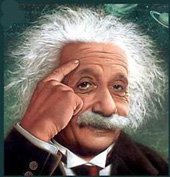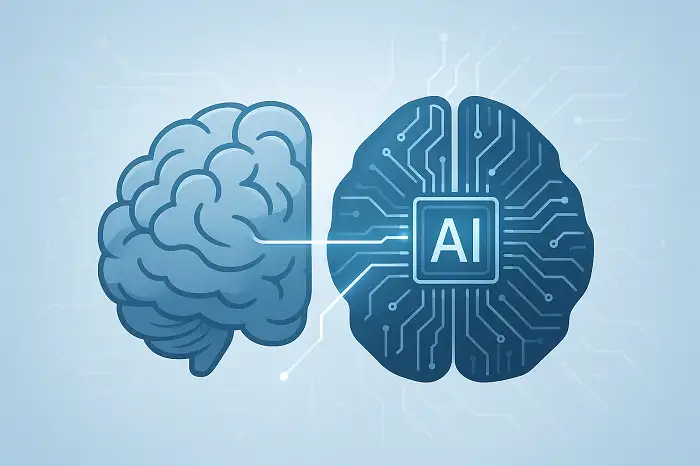Intelligent Intelligent (adj) /ɪnˈtel.ɪ.dʒənt/ showing cleverness and the ability to learn and understand things fast and easily - smart - clever - brainy - bright - sharp - rational - sensible - wise: Intelligent in context Being intelligent and ingenious, he didn't need to study hard in order to surpass his ordinary peers at school. The theory of multiple intelligences, proposed by Howard Gardner in 1983, challenges the traditional notion of a single, general intelligence. Instead, it identifies diverse types of intelligences, each reflecting unique ways individuals process information and solve problems. These include linguistic, logical-mathematical, spatial, bodily-kinesthetic, musical, interpersonal, ...
Home » English Vocabulary in Context » Intelligent – English Flashcard for Intelligent for IELTS

Intelligent – English Flashcard for Intelligent for IELTS
Updated: by Dr. Mohammad Hossein Hariri Asl
Time to Read: 2 minutes | 360 Views | No Comments on Intelligent – English Flashcard for Intelligent for IELTS
Share This Post
About the Author
Dr. Mohammad Hossein Hariri Asl is an English and Persian instructor, educator, researcher, inventor, published author, blogger, SEO expert, website developer, entrepreneur, and the creator of LELB Society. He's got a PhD in TEFL (Teaching English as a Foreign Language).
Number of Posts: 4242


